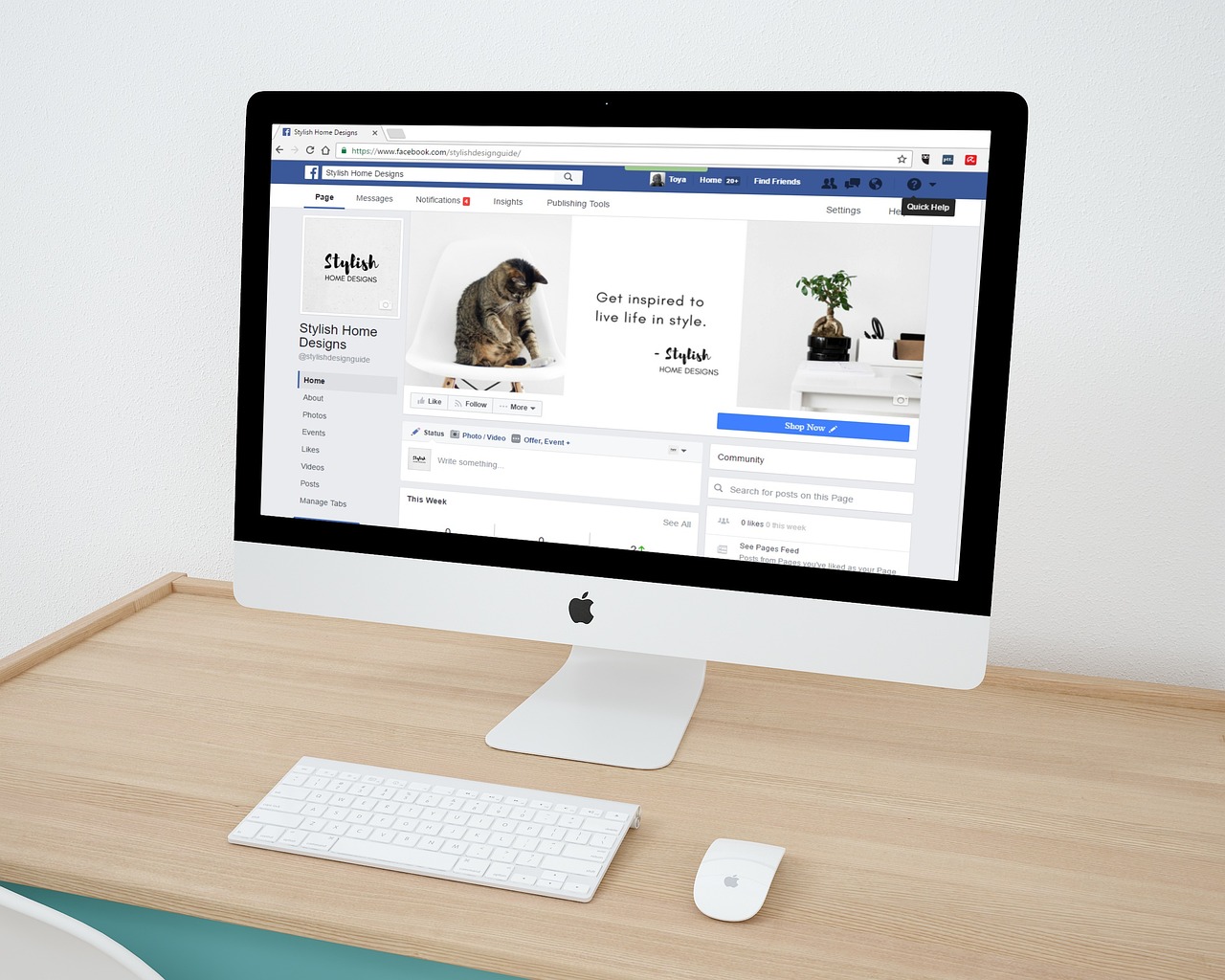Segmentation and targeting are crucial elements of data-driven marketing. By leveraging data to understand your audience more deeply, you can craft more personalized and effective campaigns.
Why Segmentation and Targeting Matter
- Personalized Marketing: Segmenting your audience allows you to create tailored messages and offers that speak directly to each group’s specific needs and interests, increasing engagement and conversion.
- Increased Relevance: By targeting the right audience with the right message at the right time, you ensure that your marketing efforts are relevant, which leads to higher engagement rates.
- Better ROI: Proper segmentation ensures that your marketing budget is spent efficiently, targeting high-value segments that are most likely to convert.
How to Segment and Target Your Audience Effectively
- Use Demographic Data: Analyze your audience based on demographic information like age, gender, income, and location. This allows you to create campaigns that resonate with different groups.
- Behavioral Segmentation: Use data on customer behaviors, such as purchase history, website visits, and interaction with your brand, to segment your audience. Behavioral data can help you create highly targeted campaigns based on real-time actions.
- Psychographic Segmentation: Understanding your audience’s values, interests, and lifestyle can help you create even more personalized marketing strategies. Psychographic data allows you to craft messages that appeal to emotions and motivations.
- Leverage AI and Machine Learning: Many advanced marketing platforms use AI and machine learning algorithms to automatically segment and target audiences based on complex data patterns, allowing for more precise targeting.



